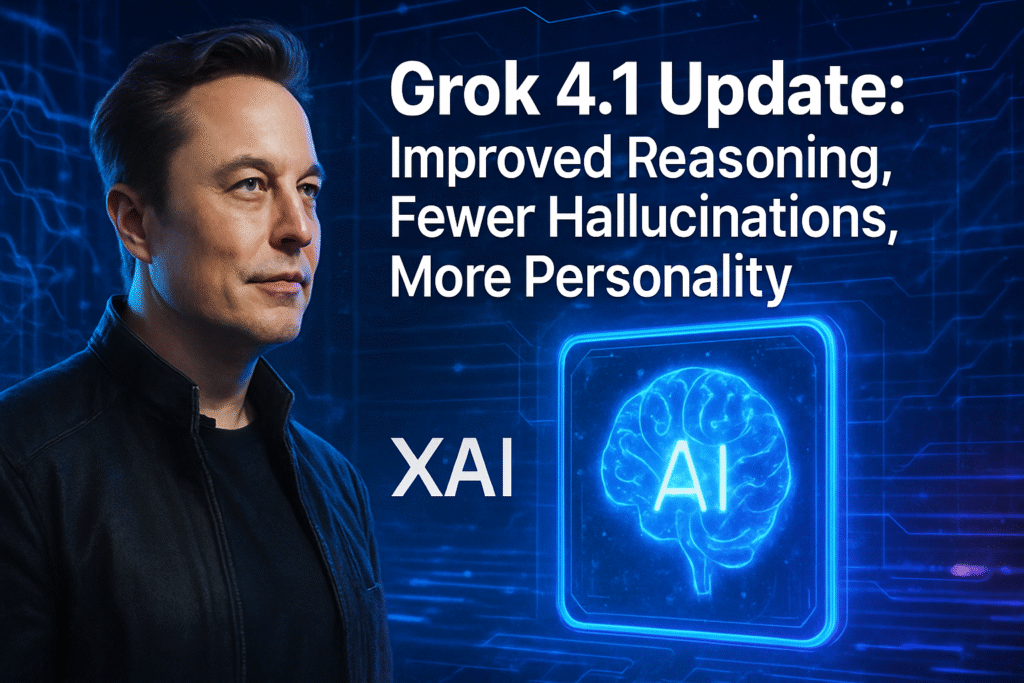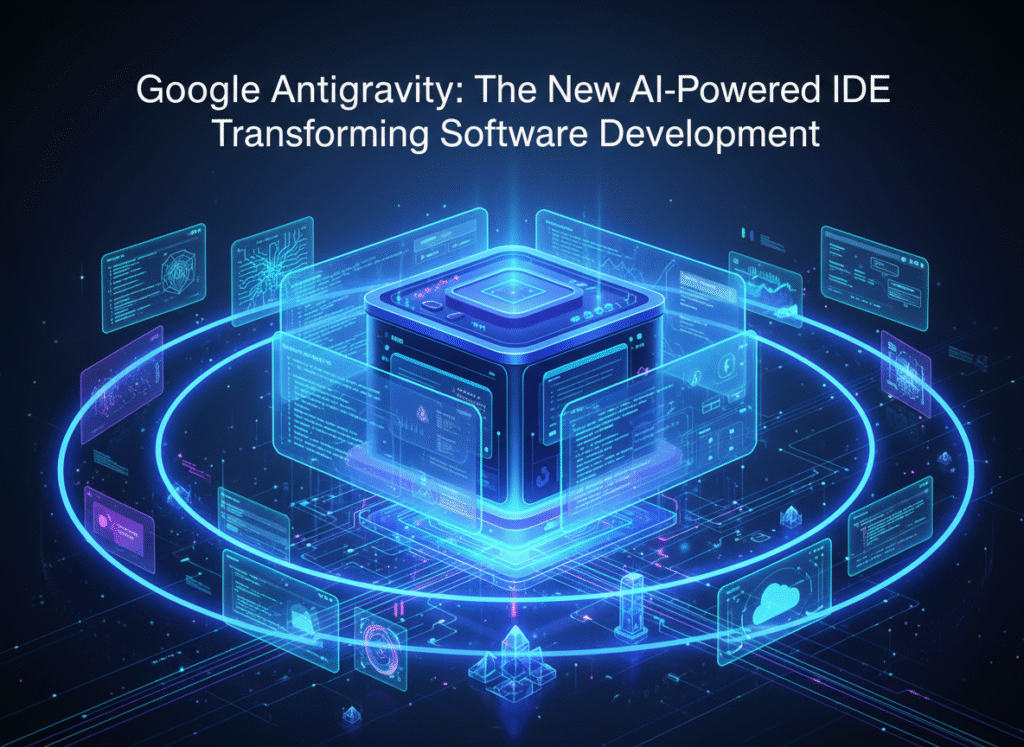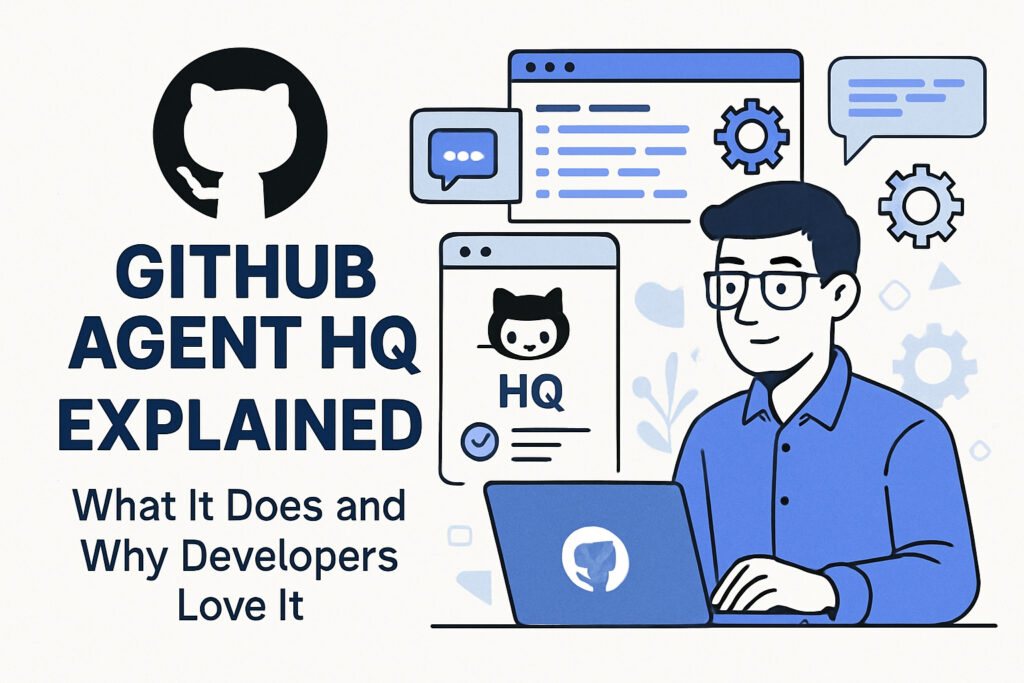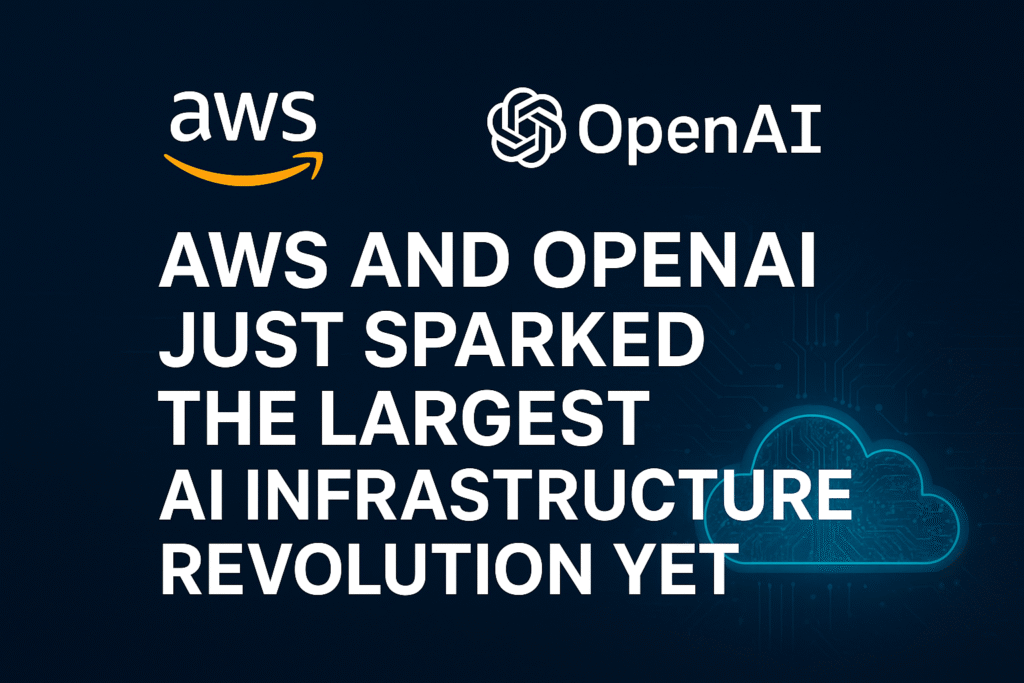
Artificial Intelligence (AI) has revolutionized the digital landscape, and marketing is one of the fields where it has had the most profound impact. Businesses today face a constant challenge: reaching the right audience with the right message at the right time. With increasing data complexity, traditional marketing methods are no longer enough. This is where AI platforms for digital marketing automation come into play.
In this article, we will explore what AI marketing automation is, why it matters, the benefits it brings, the top platforms available, and how businesses can implement these tools to stay ahead in today’s competitive market.
What is AI in Digital Marketing Automation?
AI in marketing automation refers to the use of artificial intelligence technologies—such as machine learning, natural language processing (NLP), and predictive analytics—to enhance and automate marketing tasks. Instead of relying on manual processes, AI-driven platforms can:
- Analyze customer data in real time
- Predict user behavior and preferences
- Personalize marketing messages at scale
- Optimize ad spend and campaign performance
- Automate repetitive tasks like email campaigns, segmentation, and social media posting
In short, AI takes the guesswork out of marketing by providing data-driven insights and automating actions that improve efficiency and outcomes.
Why AI is Essential for Modern Marketing
Marketing has become highly data-intensive. Companies collect vast amounts of data from websites, social media, email, CRM systems, and online purchases. Processing and making sense of this data manually is impossible.
Here’s why AI is crucial:
- Personalization at Scale – Consumers expect tailored experiences. AI helps create personalized messages for millions of users without manual effort.
- Real-Time Decision Making – AI can analyze user behavior instantly and adjust campaigns on the fly.
- Better ROI – AI ensures marketing budgets are allocated efficiently, reducing wasted ad spend.
- Predictive Analytics – Businesses can anticipate customer needs and market trends before competitors.
- Efficiency & Productivity – Teams save time by automating repetitive tasks, focusing instead on strategy and creativity.
Benefits of AI Platforms for Marketing Automation
Adopting AI-driven marketing automation platforms provides several tangible benefits:
- Smarter Customer Segmentation – AI identifies patterns in customer data and groups audiences more accurately.
- Enhanced Lead Scoring – Predictive algorithms rank leads based on conversion likelihood, allowing sales teams to prioritize effectively.
- Optimized Content Creation – AI tools suggest relevant topics, generate ad copy, and even personalize website content.
- Improved Email Marketing – Automated platforms optimize send times, subject lines, and personalization to boost open rates.
- Ad Performance Optimization – AI continuously monitors digital ads and reallocates budgets for maximum ROI.
- Data-Driven Insights – Businesses can make informed decisions backed by AI-powered analytics.
Top AI Platforms for Digital Marketing Automation
Several platforms stand out in the digital marketing automation space. Each offers unique features to streamline marketing efforts:
1. HubSpot Marketing Hub
- Integrates AI-driven lead scoring and customer journey tracking.
- Automates email campaigns and social media posting.
- Provides in-depth analytics for smarter decision-making.
2. Marketo Engage (Adobe)
- Known for advanced customer segmentation and personalization.
- AI-powered predictive content recommendations.
- Seamless integration with CRM systems.
3. Salesforce Marketing Cloud
- Uses AI assistant “Einstein” for predictive analytics.
- Enables real-time personalization across multiple channels.
- Offers robust customer journey mapping.
4. ActiveCampaign
- Strong in email and SMS marketing automation.
- AI-based predictive sending and customer behavior tracking.
- Affordable for small and medium-sized businesses.
5. Hootsuite (with AI Integrations)
- AI-powered scheduling and content optimization for social media.
- Sentiment analysis and social listening.
- Insights to boost engagement and brand reputation.
6. Semrush & Jasper AI (for Content Marketing)
- AI tools for SEO optimization, keyword targeting, and content creation.
- Automates content generation, improving speed and consistency.
- Suggests data-backed strategies for organic growth.
How to Implement AI Marketing Automation in Your Business
Adopting AI platforms requires a strategic approach. Here’s a step-by-step guide:
- Define Your Goals – Decide whether you want to increase conversions, improve engagement, or reduce marketing costs.
- Choose the Right Platform – Select a tool that fits your business size, budget, and objectives.
- Integrate With Existing Systems – Ensure your AI platform connects with CRM, analytics, and social media tools.
- Start Small, Then Scale – Begin with one automated process, like email marketing, and expand gradually.
- Train Your Team – Provide training so your marketing team understands how to leverage AI insights effectively.
- Measure Performance – Track KPIs such as click-through rates, customer lifetime value, and ROI to evaluate success.
The Future of AI in Marketing
As AI continues to evolve, we can expect even more advanced marketing capabilities:
- Hyper-Personalization – Tailoring not just ads, but entire customer experiences.
- Voice and Conversational AI – Optimizing content for voice search and AI chatbots.
- Predictive Customer Journeys – Mapping out entire journeys before customers make a move.
- AI-Powered Creative Tools – Assisting marketers with design, video production, and campaign ideation.
- Ethical AI in Marketing – Transparent and responsible use of AI to protect consumer trust.
Conclusion
AI platforms for digital marketing automation are no longer a luxury—they are a necessity. By adopting AI, businesses can unlock powerful insights, personalize at scale, optimize ad spend, and save valuable time. Whether you’re a small startup or a global enterprise, the right AI-driven platform can transform your marketing strategy, driving growth and long-term customer loyalty.
As competition grows, companies that fail to embrace AI risk falling behind. Now is the time to explore and implement AI solutions that align with your marketing goals.





